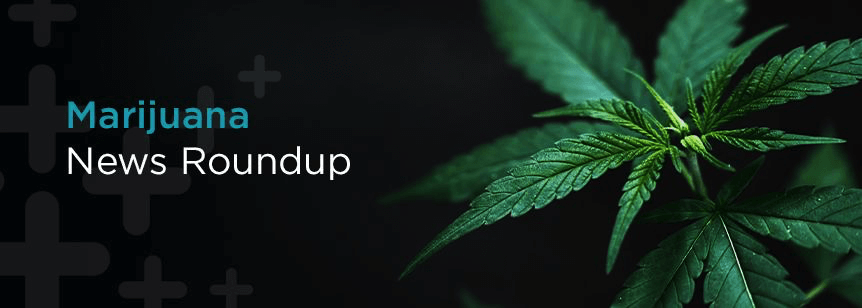
The law that paved the way for medical marijuana legalization in thirty-three (and counting) U.S. states was passed in California as far back as 1996. This original “Compassionate Care Act,” aka Prop 215, allowed HIV/AIDS patients, people with cancer, and the terminally ill to access medical marijuana from collectives run mainly on donations and volunteer labor. Over the next couple of decades, this California law was interpreted more broadly and, despite early interference from local and federal law enforcement, an increasing number of patients were able to access medicine in the Golden State.
That all changed in 2018, when Prop 16—allowing for the legalization of adult-use cannabis—took effect in California. The new law set steep taxes on the sale and transfer of marijuana without making allowances for compassionate programs—many of which operated on a shoestring budget and served the most needy and low-income patients. An often-cited irony of adult-use cannabis legalization in California is that the new financial reality forced compassionate care programs to shutter their doors.
Fortunately, that’s changing. California’s new compassionate care act, SB 34—also known as the Dennis Peron and Brownie Mary Act after two deceased activists who played key roles in medical marijuana legalization—took effect on March 1st. Now, compassionate care programs like WAMM Phytotherapies in Santa Cruz, can once again legally receive donated product from growers and in turn provide free or low-cost medical marijuana to those who need it most.
No Information on MarijuanaDoctors.Com should be used to diagnose, treat, prevent or cure any disease or condition. You can view our Full Disclaimer here.